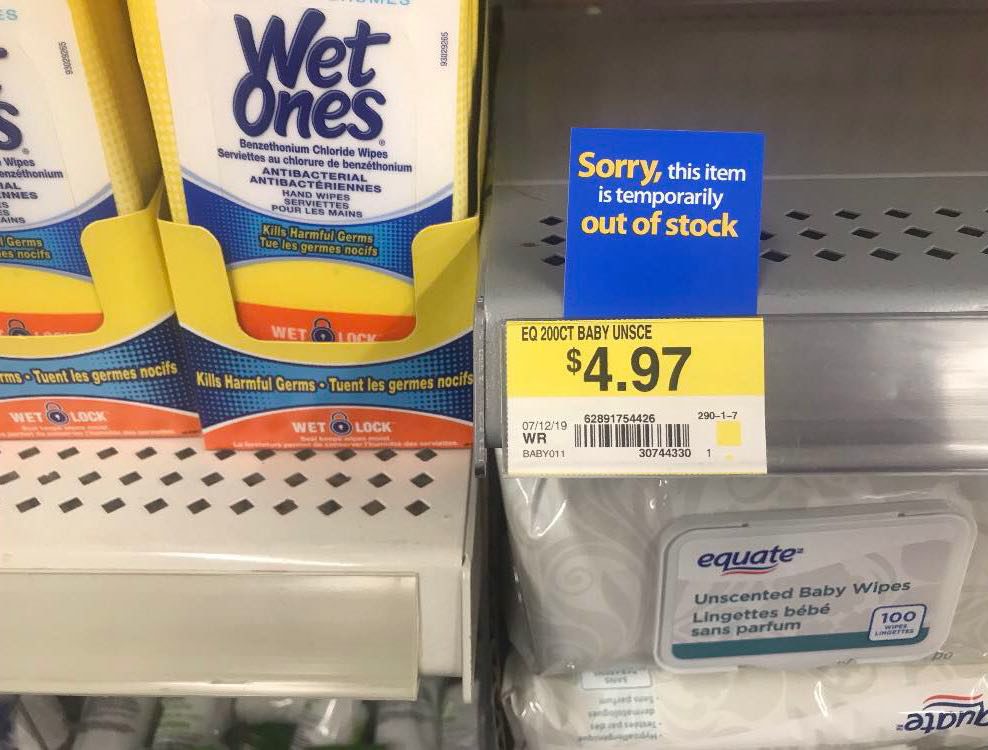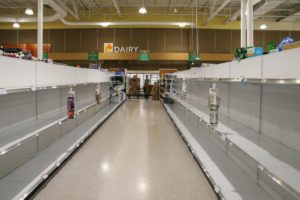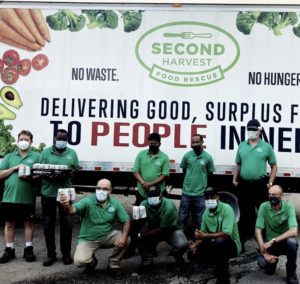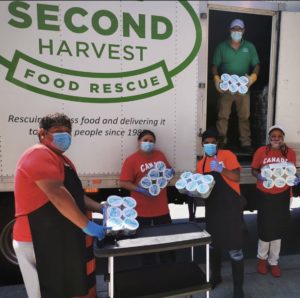Video by Kate Jones
Multimedia by Rawan Hamade
By Kendra Seguin
The second wave of COVID-19 will not be followed by a second round of panic buying, according to food and agricultural experts.
Author and agriculture professor at Dalhousie University, Kathleen Kevany, said consumer experiences during the first wave of the pandemic has created a better understanding of available resources.
“While some panic buying might be seen, it is not likely to be at levels witnessed during the March and April sprees of 2020,” said Kevany. “Likely, people realize the panic from the first wave was unnecessary as supplies were not totally cut off, as many had feared.”

Panic buying is a sign of distrust in existing institutions, according to Mustafa Koc, sociology professor and founder of the Centre for Studies in Food Security at Ryerson University.
“Panic buying can happen when the trust of consumers is shaken, or when people believe that there may be shortages ahead,” said Koc.
In addition to consumer understanding, experts said new store practices will help keep food on shelves.
Kevany said stores have adjusted their relationships with suppliers during the pandemic.
Some local grocers have developed “collaborative supply-chain relationships” with their suppliers, where they “share risks and enable the small shops to access other goods and expertise.”
Large stores are getting products delivered at a higher frequency.
Mario Masellis, owner of local grocery store Masellis, said his store has had to adapt to product availability.
“The availability is still around, you just have to work harder to get it to your store,” said Masellis.




Leave a Reply